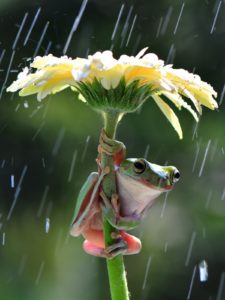We’re not sure whether you’ve noticed, but our team love umbrellas. We simply can’t get enough of them and surprisingly, we all have our own little names for them. Although this is something that is common from region to region, it’s important for us all to understand the actual meaning behind them and how they came to become part of our ever-evolving vocabulary.

We take a look at some of the common names used for umbrellas, how many have you heard of?
Bumbershoot
This may be one word that you’re not as familiar with, as it was thought to originate in the United States. Although surprisingly, many Americans assume that the word is British slang. As you can probably imagine, it is used as quite a playful term for umbrella and apparently dates back to the late 1890s.
It’s not entirely clear how the word came to be, but that doesn’t mean we can’t make some assumptions. It sounds like the “bumber” part of the word is a derivative of “umbr” and the “shoot” is similar to the “-chute” part of the word in a parachute which does make a little bit of sense!
Gamp
A Gamp is essentially a large umbrella, but this word is thought to have made its debut in 1855. The word derives from Charles Dicken’s Martin Chuzzlewit novel (1843-44) which featured a character called Sarah Gamp who often carried a large cotton umbrella. Her companion, which endured many adventures was described as: “in colour like a faded leaf, except where a circular patch of a lively blue had been dexterously let in at the top”.
From this, people began calling the umbrella a Gamp! Although the word isn’t commonly used now, it still remains featured in most dictionaries.
Brolly
The origin of brolly is an alteration of (um)brell(a) dating back to around 1870-1875. This word is one that we commonly use today, with many brands even marketing the product as this. Although the term stems from the extracted ‘brell’, this is thought to have changed over time as language develops.
“Brelly” has slowly become “brolly”, likely as a result of accents and regional differences. Regional accents are known to have been significantly different around this time and were a lot sterner — something which has watered down with increased travel opportunities and media influence. So much so, that the North/South regional differences were intense enough to cause word change.
It’s clear that nicknames for the umbrella have changed over time — we’ve lost old ones and gained new ones, but that’s all part of linguistic development. However, the questions we want answered is why haven’t we started calling our windproof umbrellas a Hagrid or our ladies umbrellas a Poppins? Now that would be awesome.
